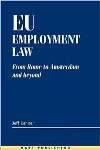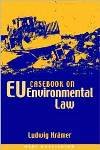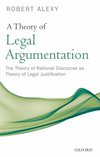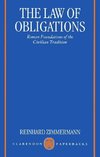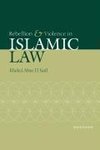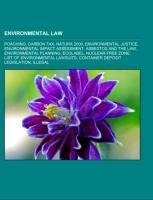
Environmental law
Source: Wikipedia. Pages: 89. Chapters: Poaching, Carbon tax, Natura 2000, Environmental justice, Environmental impact assessment, Asbestos and the law, Environmental planning, Ecolabel, Nuclear-free zone, List of environmental lawsuits, Container deposit... Viac o knihe
Produkt je dočasne nedostupný
21.12 €
bežná cena: 24.00 €
O knihe
Source: Wikipedia. Pages: 89. Chapters: Poaching, Carbon tax, Natura 2000, Environmental justice, Environmental impact assessment, Asbestos and the law, Environmental planning, Ecolabel, Nuclear-free zone, List of environmental lawsuits, Container deposit legislation, Illegal, unreported and unregulated fishing, Illegal logging, Right to know, Phase I Environmental Site Assessment, Earth jurisprudence, Air rights, Ecotax, Nonpoint source water pollution regulations in the United States, ASCOBANS, Environmental policy, Pervious concrete, Environmental crime, Policy reform, Wild law, Best management practice for water pollution, Environmental tariff, Environmental consulting, Agreement on the Conservation of Albatrosses and Petrels, Agreement on the Conservation of Populations of European Bats, Regulation of chemicals, Public trust doctrine, Air quality law, Bonn Convention, Marine Turtles in Africa MoU, Polluter pays principle, International Material Data System, IOSEA, Daniel C. Esty, European Environmental Bureau, Bag limits, European Chemicals Bureau, Habitat Conservation Plan, Clean tech law, Big Ask Campaign, Environmental engineering law, Public Interest Environmental Law Conference, Incidental Take Permit, Critical habitat, Waste law. Excerpt: A carbon tax is an environmental tax that is levied on the carbon content of fuels. It is a form of carbon pricing. Carbon is present in every fossil fuel (coal, petroleum, and natural gas) and is released as carbon dioxide (CO2) when they are burnt. In contrast, non-combustion energy sources-wind, sunlight, hydropower, and nuclear-do not convert hydrocarbons to carbon dioxide. A carbon tax can be implemented by taxing the burning of fossil fuels-coal, petroleum products such as gasoline and aviation fuel, and natural gas-in proportion to their carbon content. National science academies and the Assessment Reports of the Intergovernmental Panel on Climate Change have pointed out the potential impacts of human-induced climate change. Carbon taxes are one of the policy measures that can be used in reducing greenhouse gas emissions from fossil fuels. A number of countries have implemented carbon taxes or energy taxes that are related to carbon content. Carbon taxes offer a potentially cost-effective means of reducing greenhouse gas emissions. From an economic perspective, carbon taxes are a type of Pigovian tax. They help to address the problem of emitters of greenhouse gases not facing the full (social) costs of their actions. Carbon taxes are a regressive tax, in that they disproportionately affect low-income groups. The regressive nature of carbon taxes can be addressed by using tax revenues to favour low-income groups. However, there is substantial opposition to such taxes in most countries of the world, especially those countries which rely on coal as a major generator of low cost power, and which are among the biggest emitters of carbon dioxide. They include the USA, China and Russia among many others. A coal fired power plant in Luchegorsk, Russia. A carbon tax would tax electricity production using coal. Carbon dioxide is one of many heat-trapping greenhouse gases (GHGs). The scientific consensus is that human-induced greenhouse gas emissions are the primary cau
- Vydavateľstvo: Books LLC, Reference Series
- Formát: Paperback
- Jazyk:
- ISBN: 9781157596646

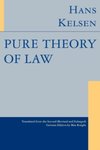
 Anglický jazyk
Anglický jazyk 

 Nemecký jazyk
Nemecký jazyk 
